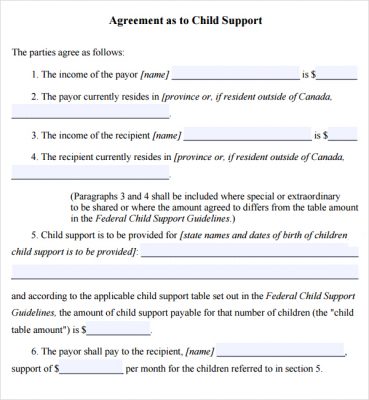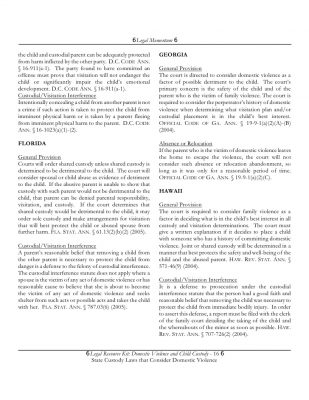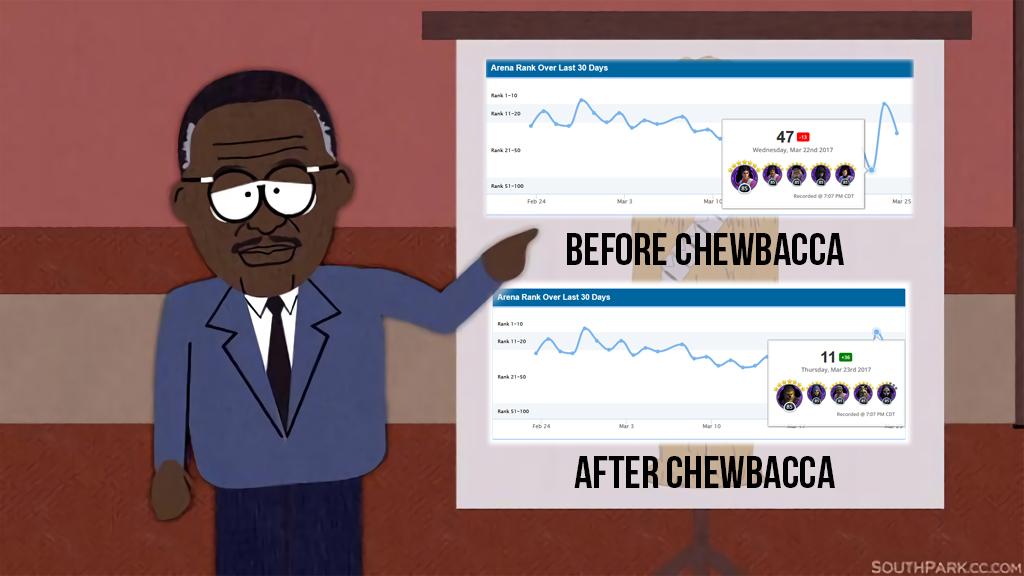In general, any person or entity that has legal right to do so may place a child for adoption. Persons with such right susually include the birth parents of the minor, their legal guardian, or guardian ad litem. Legal entities include state Departments of Social Services or child-placing agencies regulated by the government. All states (except Arkansas), the District of Columbia, and all U.S. territories (excluding the Northern Mariana Islands), specifically designate which individuals and entities have the authority to make adoptive placements.
One type of private adoption allowed in most states is the “direct placement” of a child by the birth parent with an adoptive family. Many states that allow direct adoption have detailed regulations to protect the interests of the parties implied in the adoption.
Approximately six states (Alaska, Delaware, Illinois, Indiana, Ohio, and West Virginia) require that adoptions be done by the states’ Departments of Human or Social Services or child-placing agencies that are licensed by the state or meet certain standards. In four states (Florida, Kentucky, Minnesota, and Rhode Island), parents who wish to make private placements must first obtain permission from their state’s Department of Social Services or a court.
Adoption Intermediaries
Some states allow the use of intermediaries in arranging private adoption placements. Usually, these intermediaries are attorneys. The permitted activities of intermediaries vary by state and are strictly controlled by the government. In many cases, the attorney will prepare all legal documents, negotiate payment between the parties, organize a home study, and represent parents at a court hearing. State laws also typically restrict the amount an attorney may be paid for performing an intermediary role.
Interstate Compact on the Placement of Children
All fifty states, the District of Columbia, and the U.S. Virgin Islands are part of the Interstate Compact on the Placement of Children (ICPC). ICPC is a contract between the states to provide protection and support services for children who are adopted by parents who live in a different state. To begin an ICPC adoption, an authorized representative from the “sending state” (the state where the child is from) must submit an adoption packet to the “receiving state” (the state where the prospective adoptive parents live). From there, the social services agency in the receiving state will visit the home, meet everyone, and conduct a home study. Based on the resulting report, the agency in the receiving state can make a decision to approve or deny the adoption.
If you are considering placing a child for adoption or want to become an adoptive parent, you may consider contacting an experienced adoption attorney to explain your rights and help guide you through the adoption process.
Watch video The Adoption Process: Placing a Child for Adoption
Laurie Walker, LPC, Adoption Specialist at American Adoptions, discusses how the adoption process only begins when a prospective birth mother is ready. By calling 1-800-ADOPTION, women can simply ask questions to better understand adoption and to know if it is best for her and her child.









